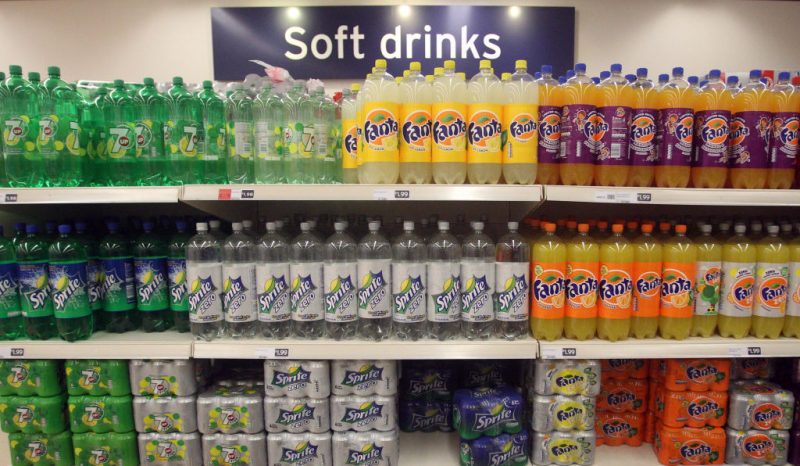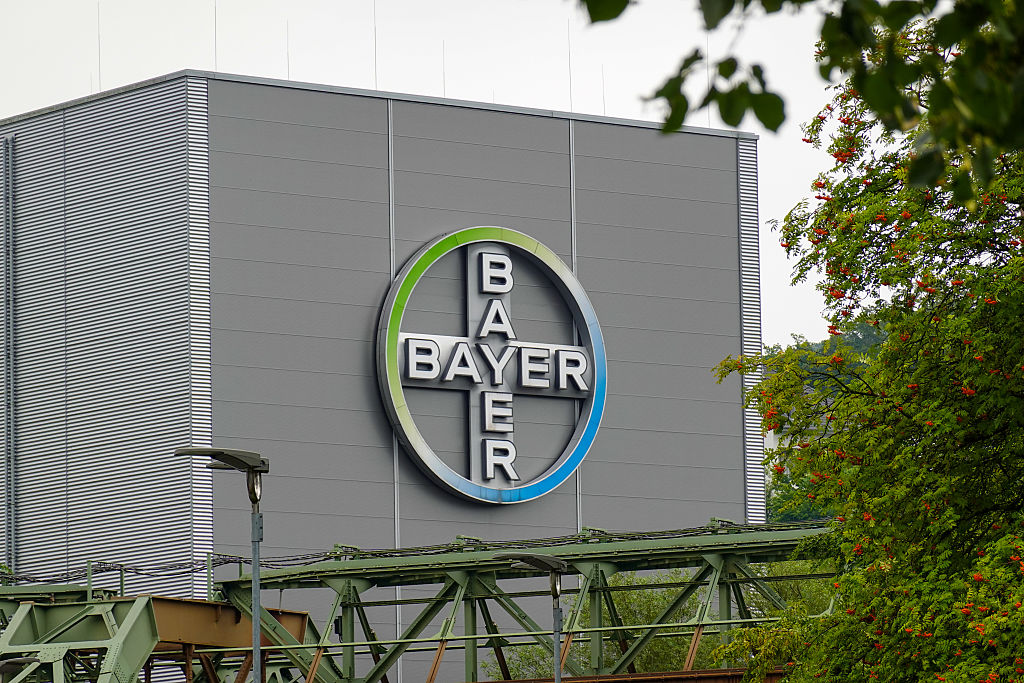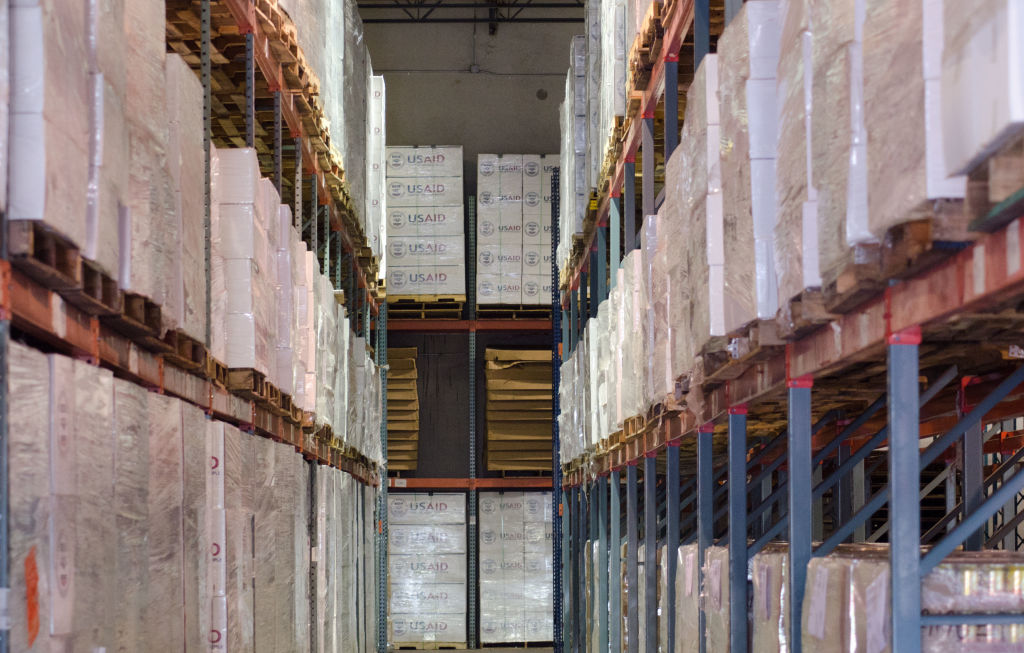EU's ‘sin industries’ go to war over taxes
Behind the scenes, alcohol, tobacco, and food lobbies vie to shape who pays more under EU health tax plans

Behind closed doors, the industry captains running Europe’s ‘sin’ consumer products – alcohol, tobacco, unhealthy food and sugary drinks – are locked in a fierce battle over who should face higher EU taxes first.
Publicly, they avoid criticising one another. Privately, however, the finger-pointing is relentless.
The European Commission is reviewing taxation on products harmful to health to both boost revenues and progress on its public health goals. Yet, the technical discussion on EU-wide excise duties has quickly evolved into a tug-of-war, with each sector seeking to shift the spotlight onto the others.
At present, all EU excise taxes flow into national budgets. However, with the upcoming 2028-2034 EU budget, the Commission has proposed a 15% levy on national tobacco taxes to raise approximately €11.2 billion annually.
This is part of the EU’s “own resources” or revenue generated directly from new EU-wide taxes.
The final amount, however, will depend on whether the Commission decides to revise the existing EU tobacco excise rules, which could set the tone for how other “sin” products are treated in the years ahead.
Taxing the untouchables
For now, only alcohol and tobacco are subject to EU-wide excise duties. The tobacco directive was last revised in 2011, with a new proposal tabled just last July.
The minimum alcohol duty rates, meanwhile, date back to 1992 and still leave wine taxed at a zero rate. A 2006 Commission proposal to modernise the system stalled in Council, and even an inflation adjustment was never adopted.
At the same time, debates over taxing other health-harming products – such as sugary drinks and processed foods – have recently resurfaced.
Climate Commissioner Wopke Hoekstra, whose portfolio includes taxation, suggested this month that levies on sugar or salt could also feature in the EU’s future revenue mix.
Against this backdrop, the Commission is now also examining whether to raise the minimum excise tax on alcohol.
“We are working on the evaluation of the alcohol tax rate directive, and work is ongoing,” said Hugues De La Motte, an EU official working on taxation and customs union at DG TAXUD.
Commissioner Hoekstra keeps tax on sugar, salt open for future EU budget
Wopke Hoekstra, the EU commissioner whose portfolio includes taxation, told his colleagues in July that…
3 minutes

Health advocates, meanwhile, are calling for transparency. Florence Berteletti from Eurocare, a coalition promoting alcohol prevention, said she was aware of a completed report sitting on the table of the tax department.
“If there is one clear ask to DG TAXUD, it’s to ensure that the release of this report and the evaluation of the alcohol tax directive is made public, so that everyone can see how important alcohol taxation is for government revenues,” she said.
A blame game among ‘sin’ industries
Euractiv spoke to several industry insiders who described an ongoing “blame game” over what is more harmful and should be taxed first.
The soft drinks industry says EU policymakers should focus on alcohol. The alcohol industry points to tobacco. The tobacco industry, for its part, argues that it is already heavily regulated and that others should follow suit.
“They have always been trying to hide,” said one source from the tobacco sector.
For years, alcohol and food companies have sought to distance themselves from tobacco, which they saw becoming increasingly regulated by EU policymakers.
Yet all industries are united in their effort to appear less harmful. The alcohol industry actively promotes “drinking in moderation” campaigns and has launched low- or no-alcohol products.
Similarly, food and beverage producers have reduced sugar content, mirroring tobacco’s push to promote “less harmful alternatives”, such as e-cigarettes and heated tobacco.
The health toll
Yet behind the political sparring and public relations efforts lies the human cost of consumption.
While industry lobbyists focus on their profits, health experts stress the human cost. Tobacco kills about 700,000 people in the EU each year, while alcohol-related deaths are estimated at around 300,000 annually.
The World Health Organisation (WHO) says that no level of alcohol consumption is safe for health, though it has acknowledged that introducing alcohol taxes is “bloody hard”.
Deaths linked to excessive sugar and salt consumption in the EU are estimated at more than 200,000 combined.
Health Commissioner Olivér Várhelyi, who recently showed himself open to taxing highly processed food, warned that by 2050, obesity-related conditions could reduce life expectancy by as much as three years.
(aw, mm)


